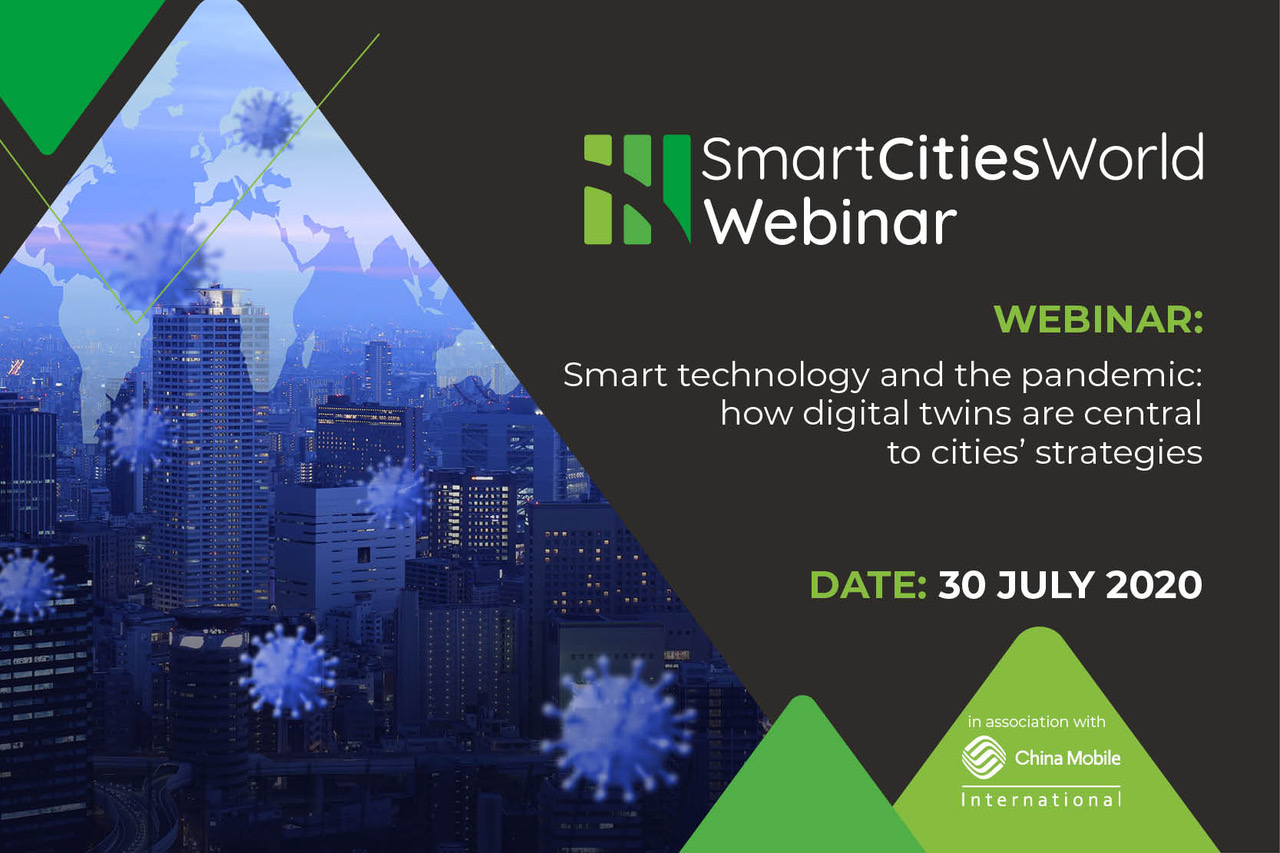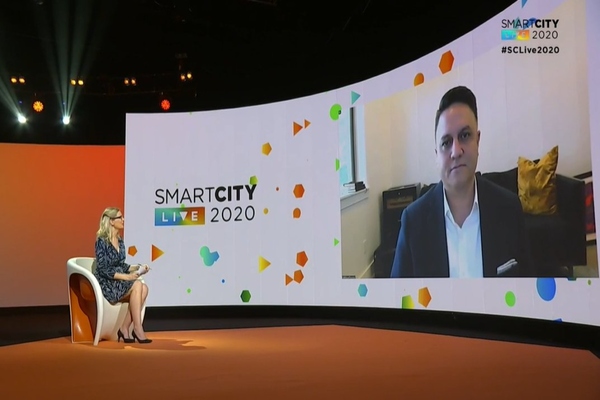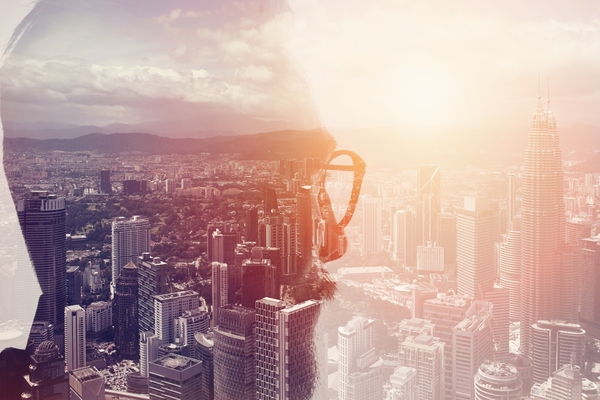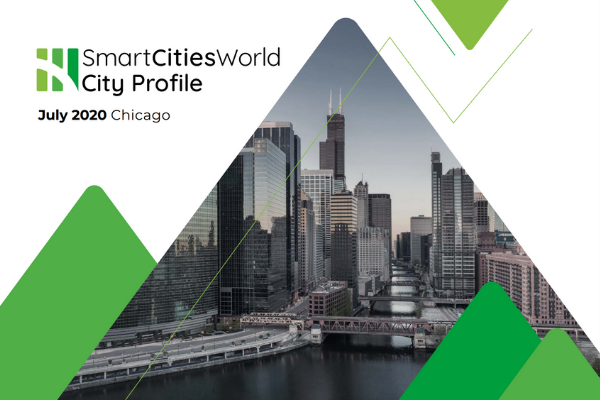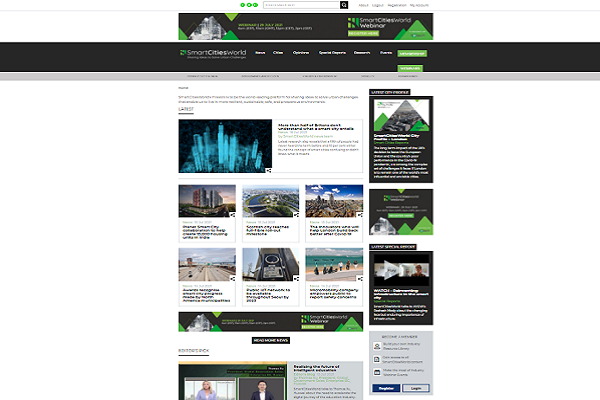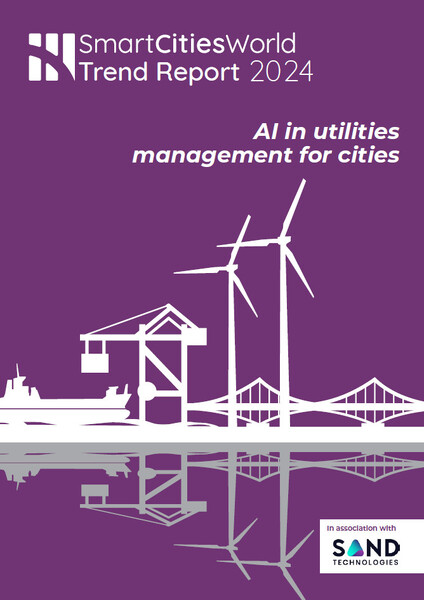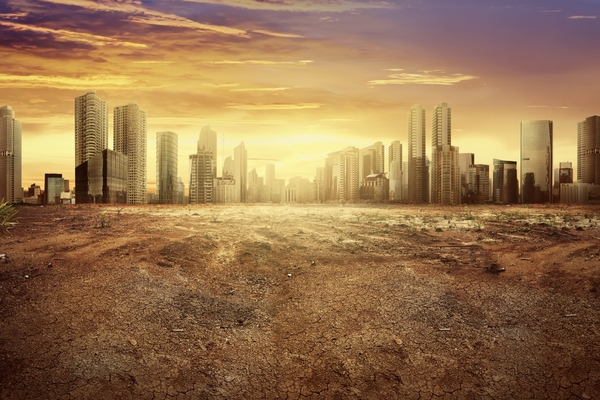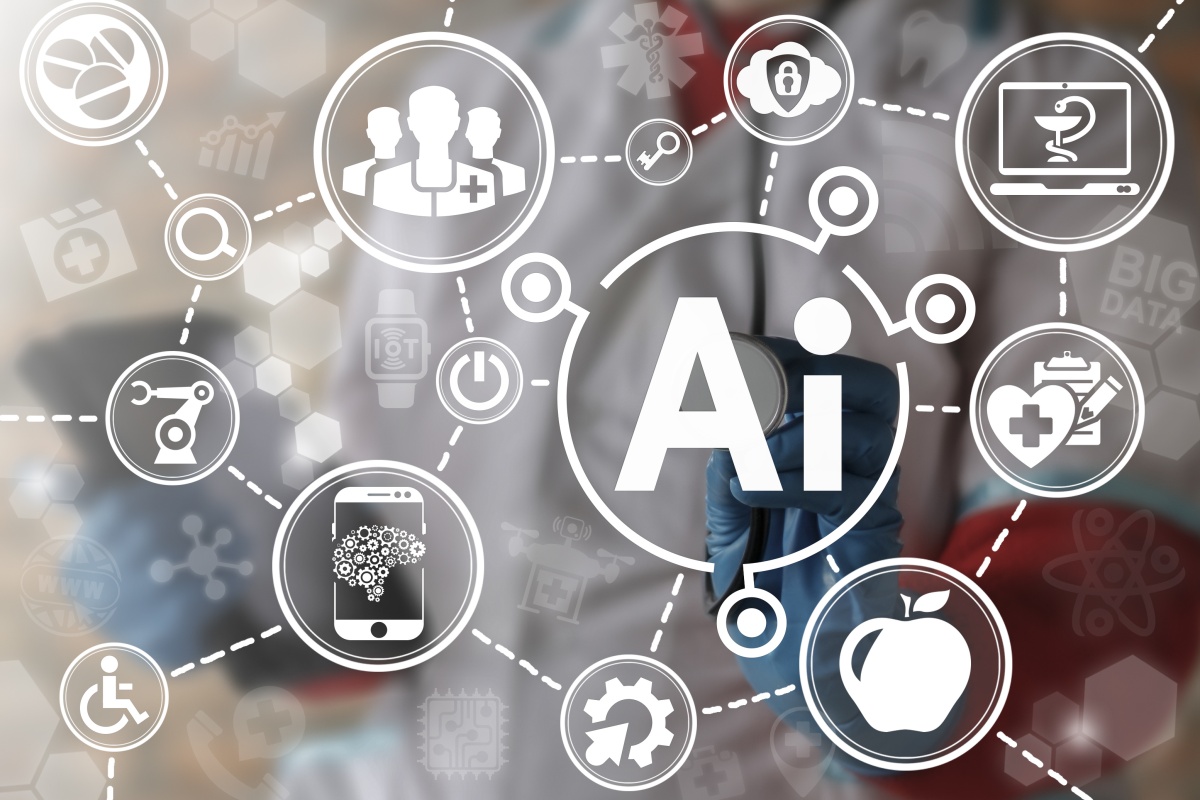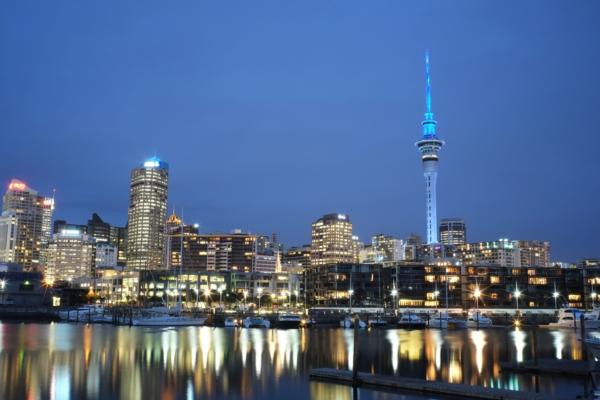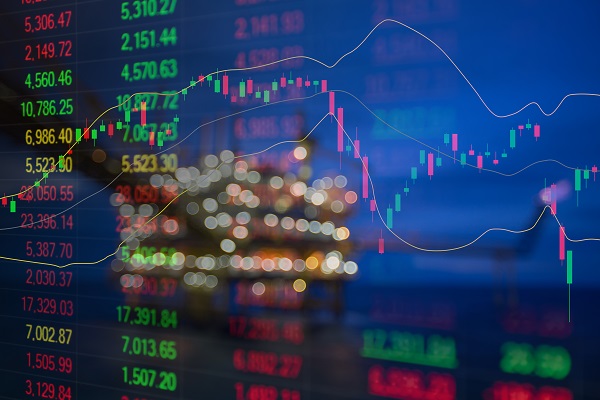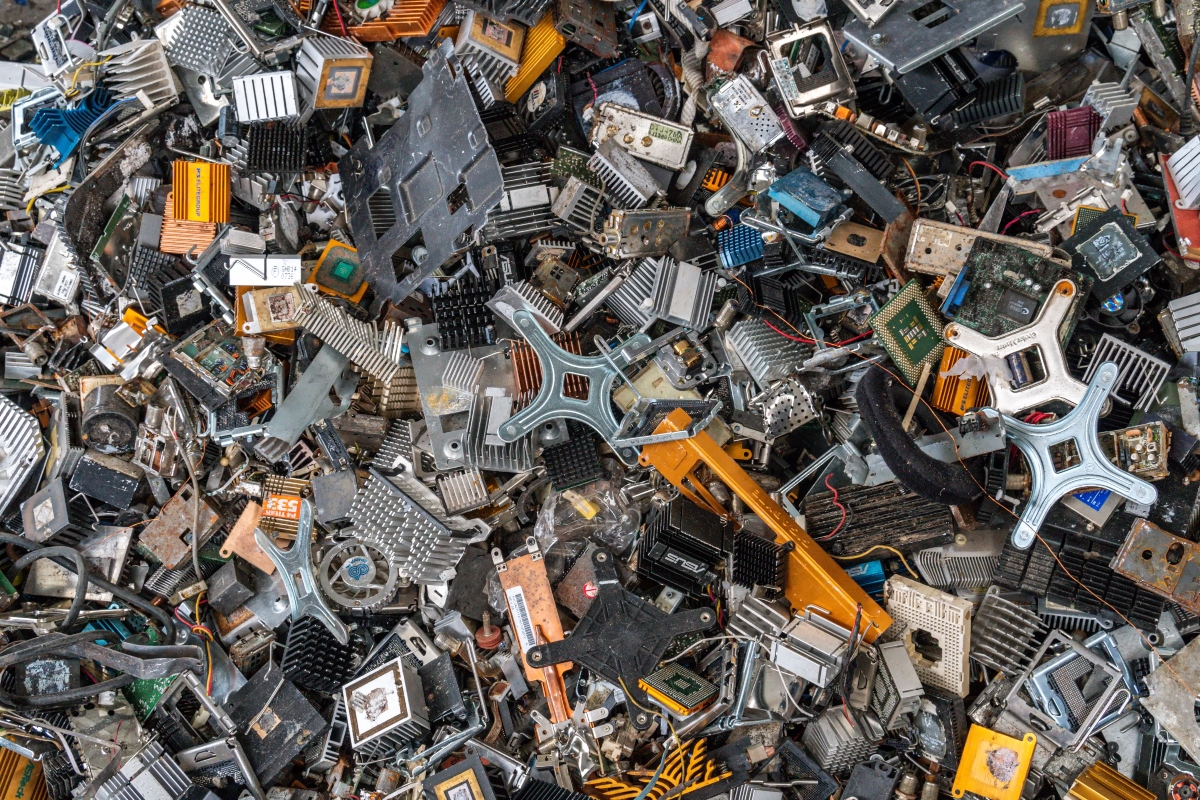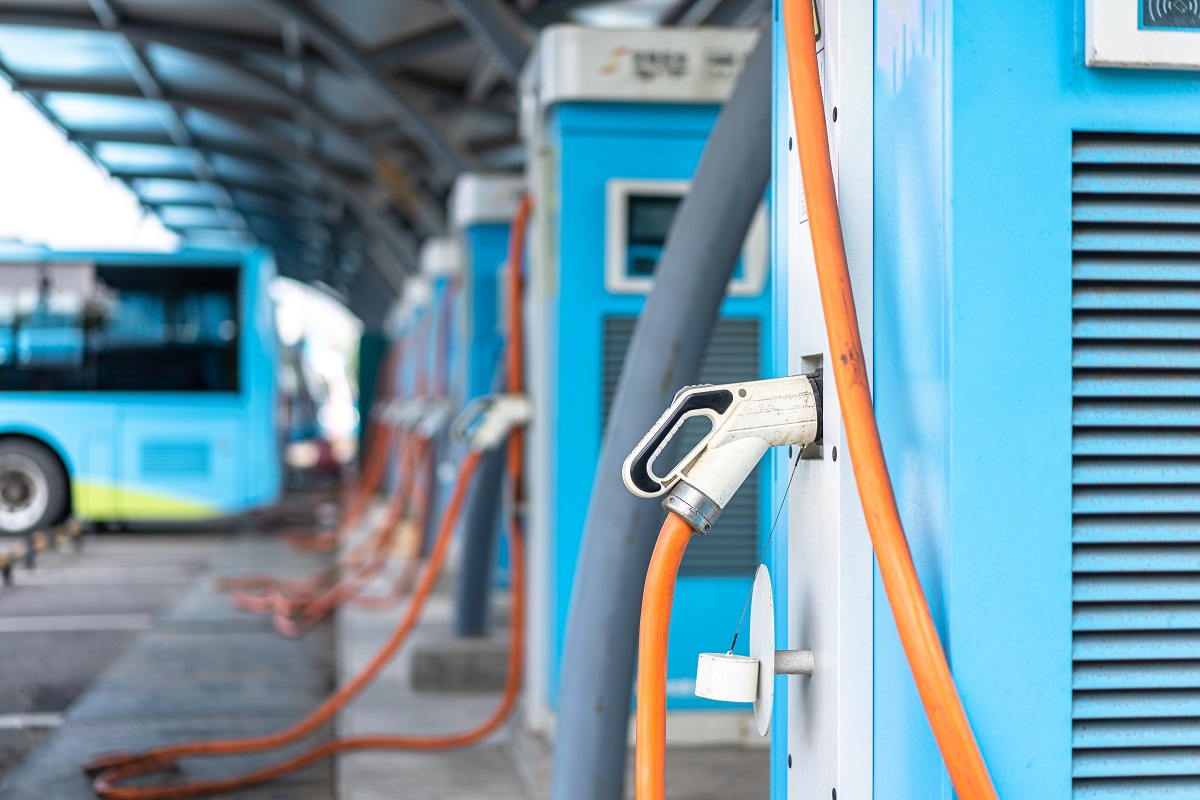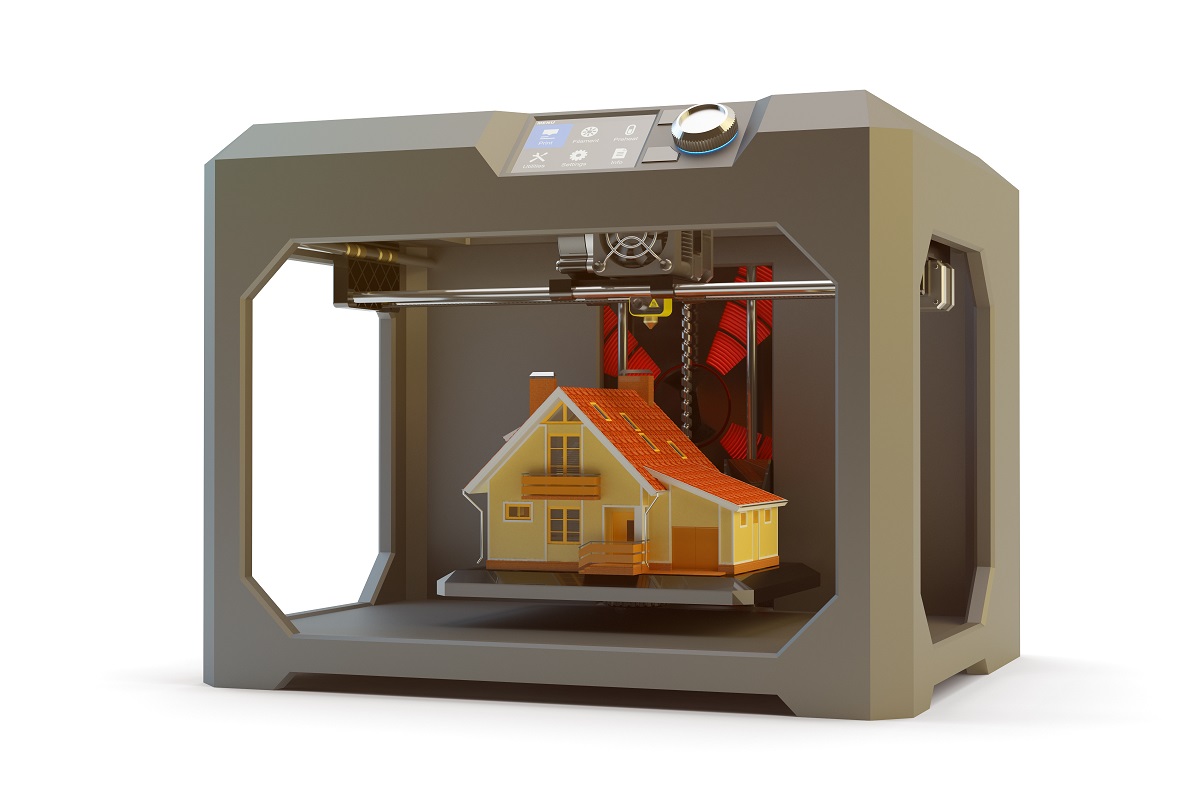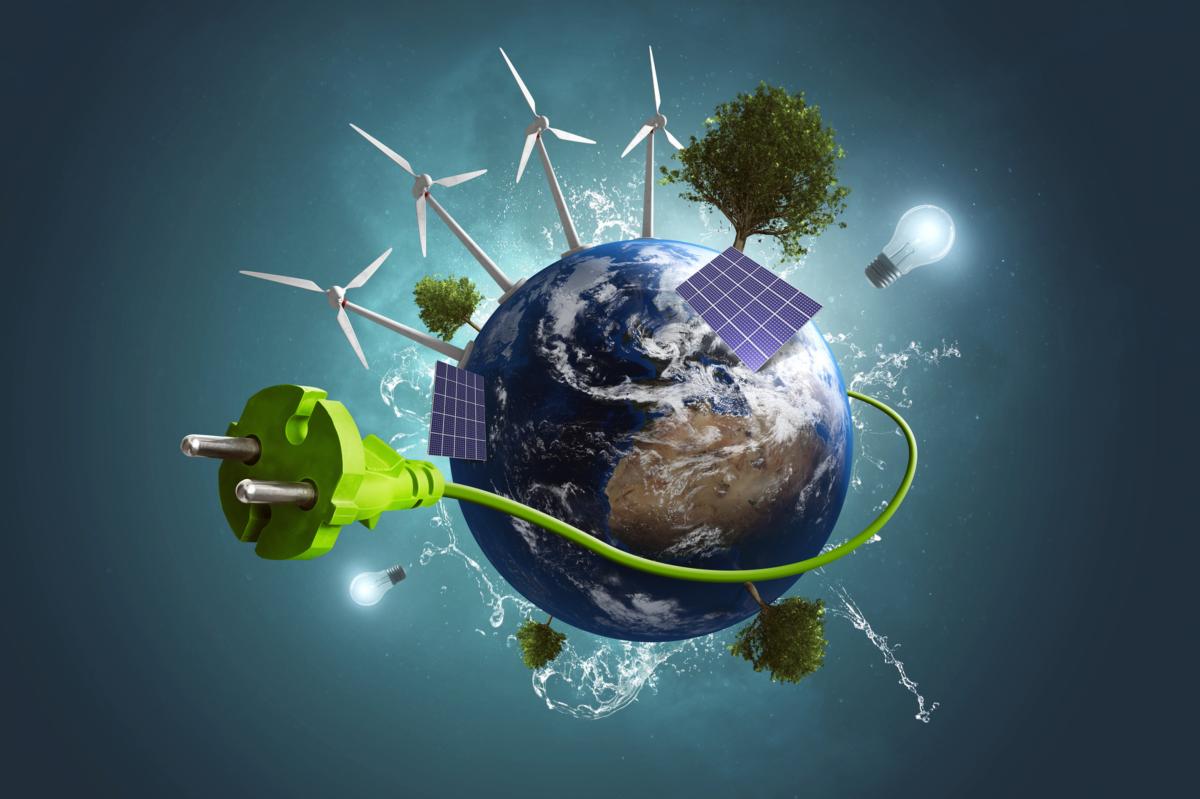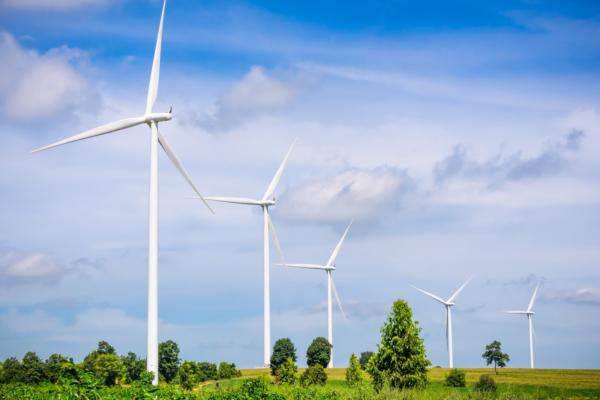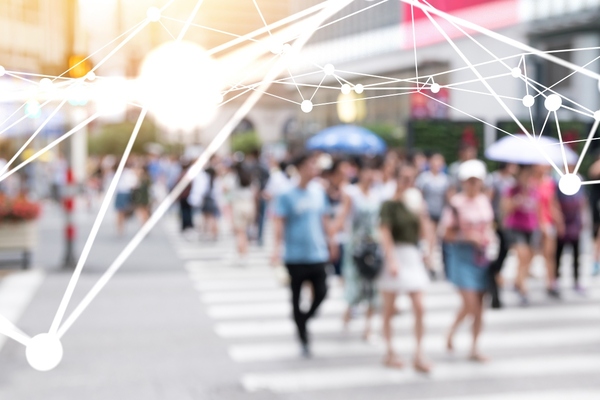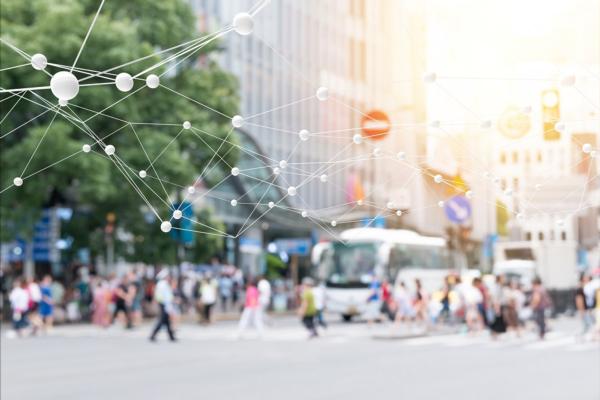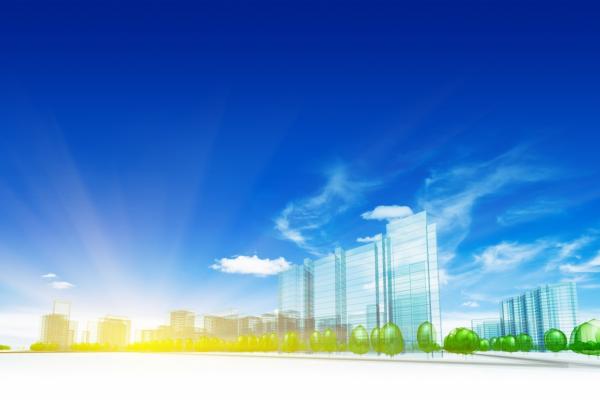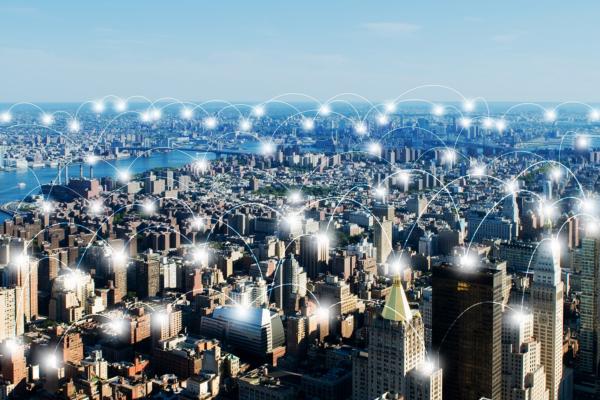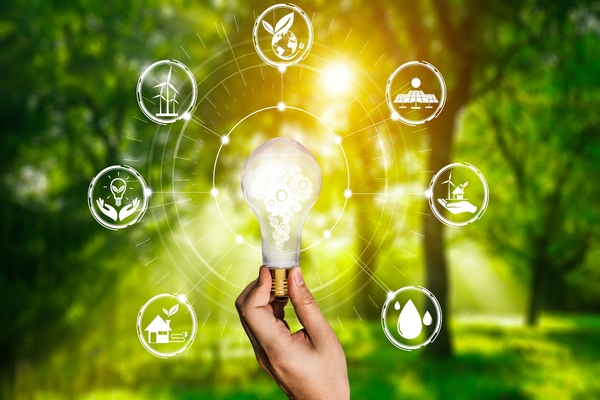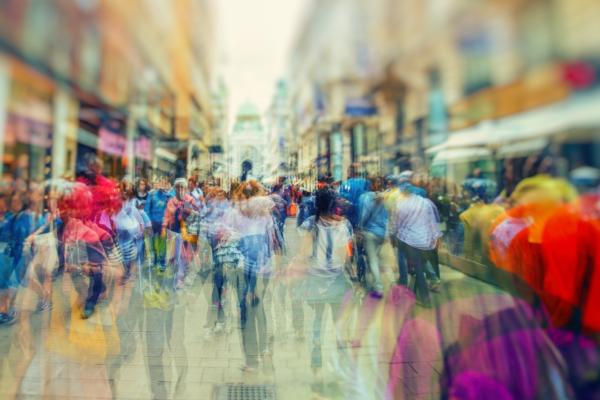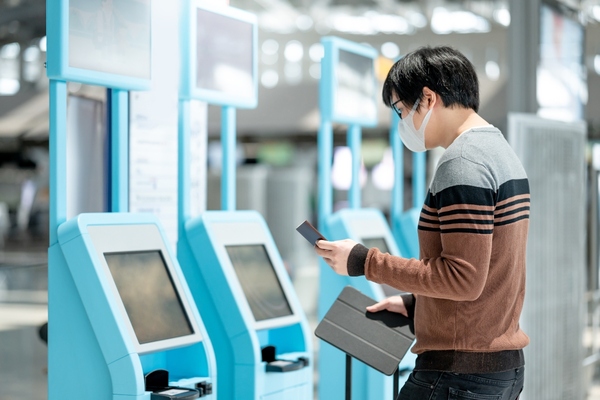BUILD YOUR OWN
RESOURCE LIBRARY
Editor's Blog
Our editor, gives his take on how smart cities are evolving. If you would like to receive these direct to your inbox as part of our weekly newsletter, make sure you sign up as a member (free!).
Moving with the times
Editor's Blog16 Jul 2021
Latest City Profile
Latest Trend Report
SmartCitiesWorld Newsletters (Daily/Weekly)
Signing off
Editor's Blog25 Jun 2021
Flexible thinking
Editor's Blog25 Jun 2021
Striving for perfection
Editor's Blog11 Jun 2021
Education, education, education
Editor's Blog04 Jun 2021
Oil leaks
Editor's Blog21 May 2021
Making haste with waste
Editor's Blog14 May 2021
Bus conductors
Editor's Blog07 May 2021
Who lives in a house like this?
Editor's Blog30 Apr 2021
Soft power
Editor's Blog23 Apr 2021
Reality bites
Editor's Blog16 Apr 2021
The fourth generation of cities
Editor's Blog01 Apr 2021
(Almost) everything flows
Editor's Blog26 Mar 2021
Should we still keep it simple?
Editor's Blog19 Mar 2021
From tiny acorns
Editor's Blog05 Mar 2021
Twin town
Editor's Blog26 Feb 2021
Aiming for zero
Editor's Blog19 Feb 2021
Open cities
Editor's Blog12 Feb 2021
Micro-mobility milestones
Editor's Blog05 Feb 2021
BECOME A MEMBER
